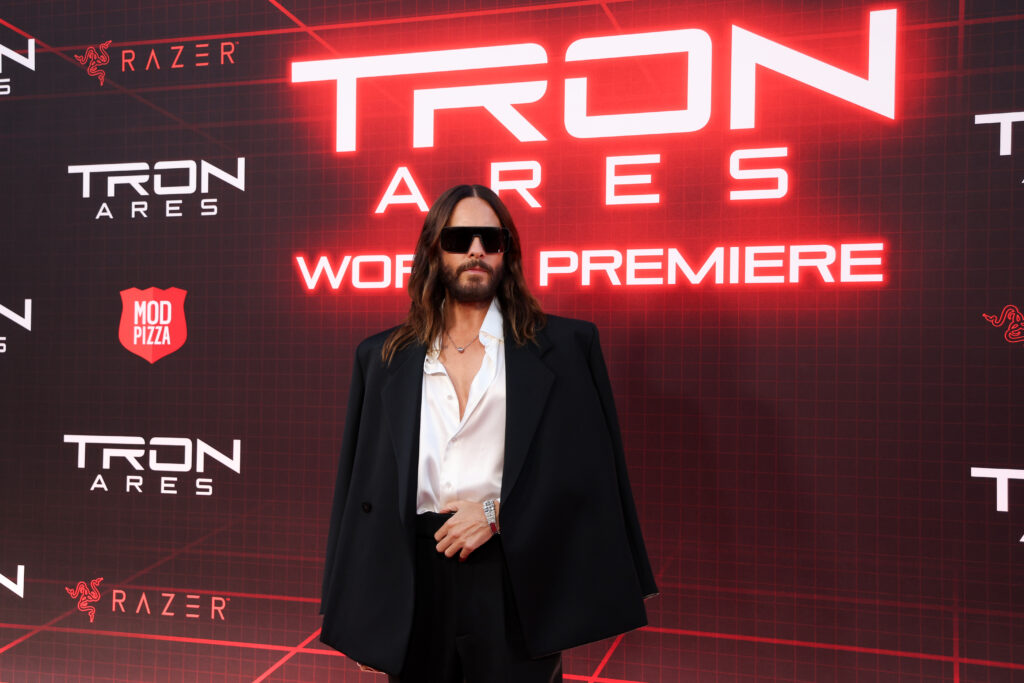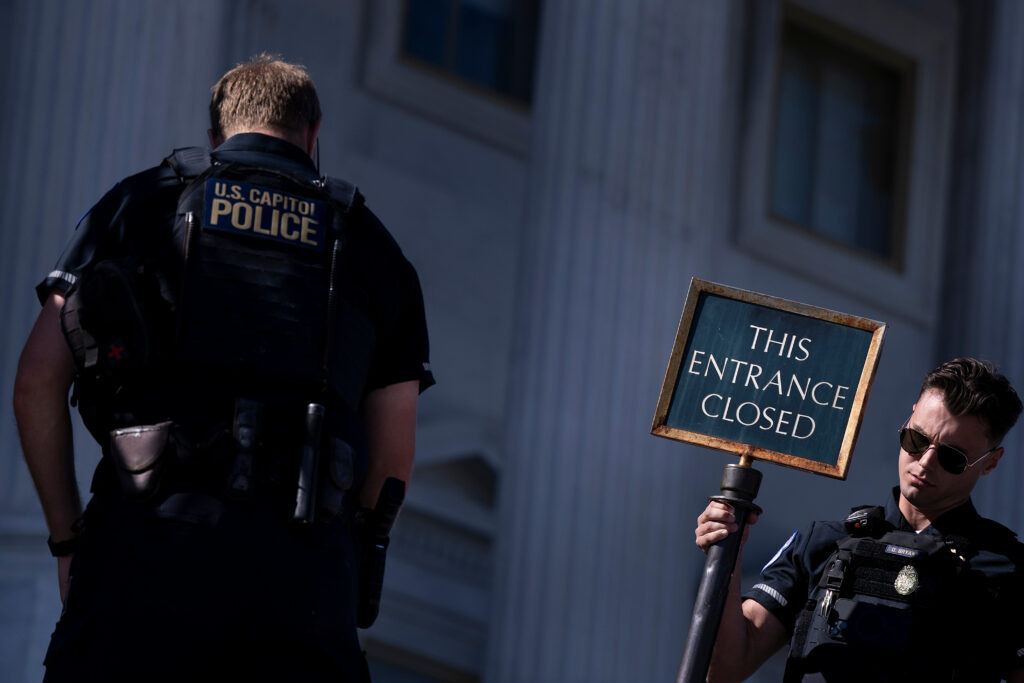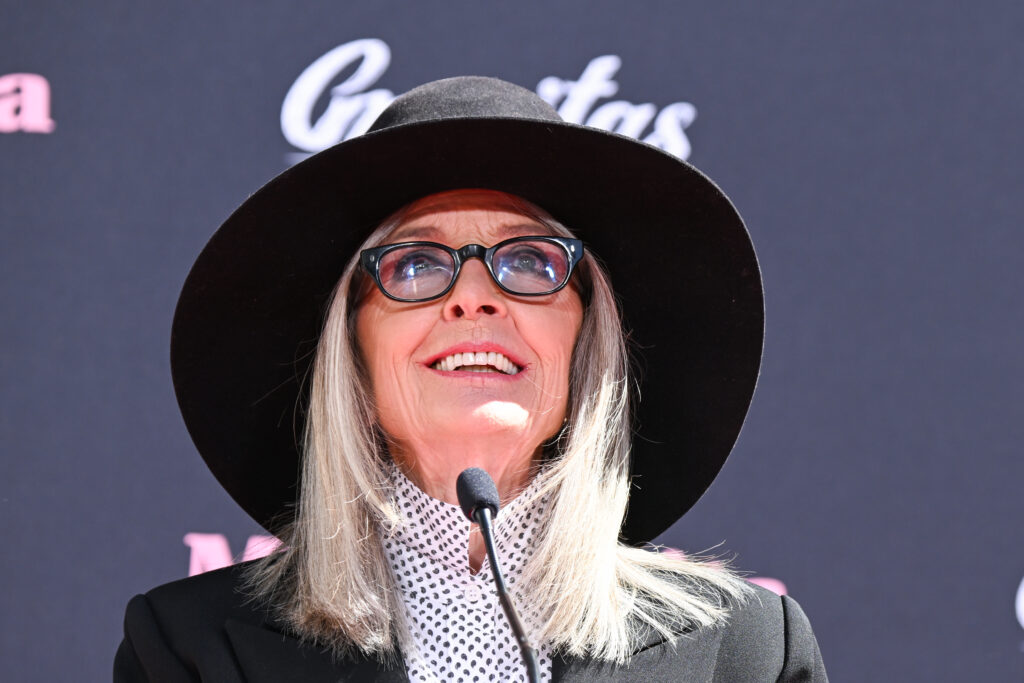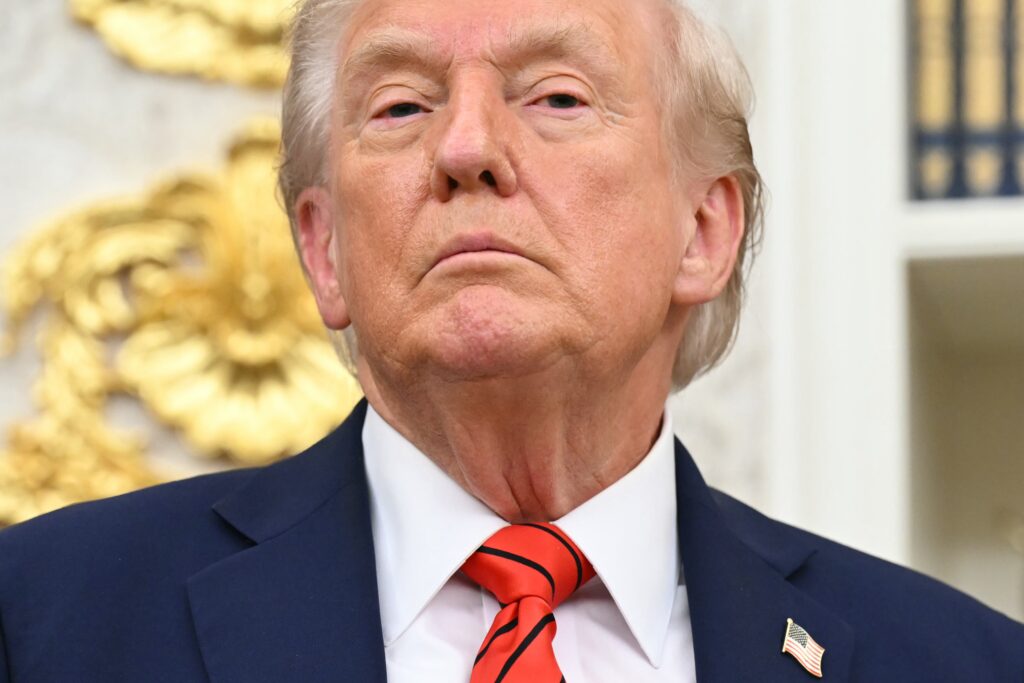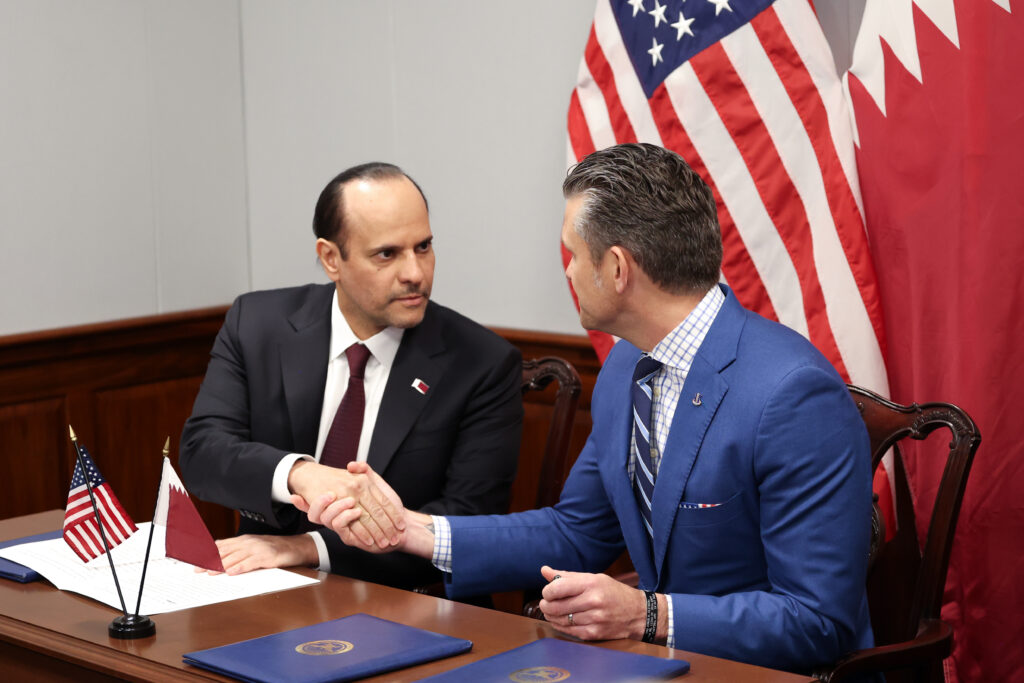‘War is over’ in Gaza, Trump says on way to Middle East
US President Donald Trump declared Sunday that the “war is over in Gaza” as he headed on a high-stakes peace trip to Israel and Egypt.Speaking to reporters on Air Force One at the start of the “very special” visit, Trump brushed off concerns about the ceasefire and hostage release deal between Israel and Hamas.”The war is over. Okay? You understand that?” Trump, 79, said when asked if he was confident that the conflict between Israel and Palestinian militant group Hamas was finished.Asked if the ceasefire would hold, he added: “I think it’s going to hold. I think people are tired of it. It’s been centuries.”In Israel, Trump is due to meet the families of hostages seized by Hamas in its October 7, 2023 cross-border attack, before addressing the Israeli parliament in Jerusalem.Trump will then head to Egypt where he and President Abdel Fattah al-Sisi will co-host a summit of more than 20 world leaders to back his plan to end the Gaza war and promote Middle East peace.The two-term president’s lightning trip is partly a victory lap over the Gaza deal that he helped broker with a 20-point peace plan announced in late September.”Everybody’s very excited about this moment in time. This is a very special event,” Trump said earlier as he prepared to board the plane at Joint Base Andrews near Washington, holding an umbrella as light rain fell.Key US officials were traveling with him including Secretary of State Marco Rubio, Defense Secretary Pete Hegseth, CIA chief John Ratcliffe and top military officer Dan Caine.- ‘Put my feet on it’ -But Trump will also be looking to resolve some of the huge uncertainty around the next phases — including Hamas’s refusal to disarm and Israel’s failure to pledge a full withdrawal from the devastated territory.Trump insisted he had “guarantees” from both sides and other key regional players about the initial phase of the deal, and the future stages.”We have a lot of verbal guarantees, and I don’t think they’re going to want to disappoint me,” Trump said.The Republican leader added that his relationship with Israeli Prime Minister Benjamin Netanyahu was “very good,” adding: “I had some disputes with him and they were quickly settled.”Trump said he would eventually like to visit Gaza itself, without saying when such a difficult security challenge would be possible.”I would be proud to,” Trump said. “I’d like to put my feet on it at least.”A new governing body for devastated Gaza — which Trump himself would head under his own plan — would be established “very quickly,” he added.But he appeared to take a step back over his plans to involve former British prime minister Tony Blair, a controversial choice in the Middle East because of his role in the 2003 invasion of Iraq.”I’ve always liked Tony, but I want to find out that he’s an acceptable choice to everybody,” Trump said.

